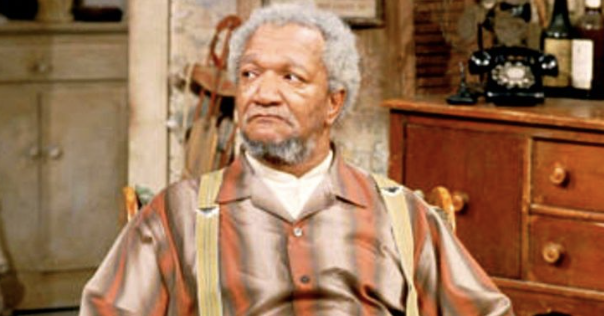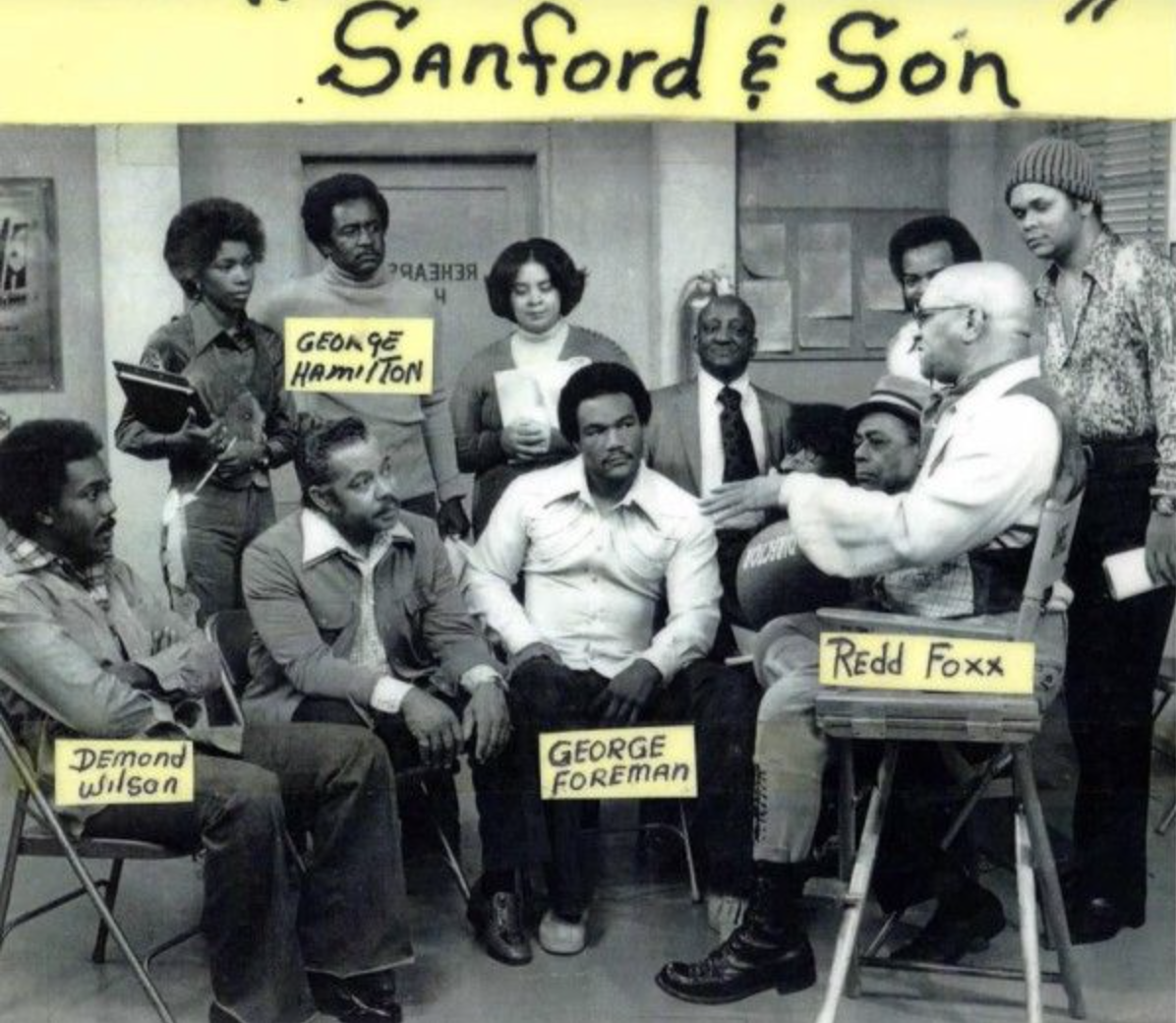
Before there was The Fresh Prince of Bel-Air, before The Cosby Show broke records, there was Sanford and Son. This wasn’t just a sitcom; it was a cultural phenomenon and a groundbreaking moment in American television history. It was the first sitcom with a predominantly Black lead cast to become a bona fide national hit, opening doors and changing perceptions for generations to come.
More Than Just Laughs: A Cultural Revolution
Step back in time to the 1970s. The landscape of American television was, to put it mildly, not diverse. Enter Fred and Lamont Sanford, two junkmen from Watts, Los Angeles, whose daily lives and hilarious squabbles captivated millions.
Imagine a retro-style clip:
- The iconic, funky intro music that immediately gets your head bopping.
- Quick cuts showcasing the show’s massive achievements: sky-high ratings that consistently placed it in the top 10, multiple Emmy nominations, and the widespread critical acclaim for Redd Foxx’s comedic genius.
- Alongside these achievements, we see iconic scenes: Fred’s dramatic “heart attacks,” Lamont’s exasperated reactions, and the parade of eccentric neighbors and customers.
A powerful voice-over or accompanying subtitles would narrate the profound impact of Sanford and Son: “This wasn’t just entertainment. This was a turning point for multicultural representation on American television. It proved, beyond a shadow of a doubt, that stories centered on Black families resonated with all audiences, transcending racial lines and proving that universal humor knows no color.”
Fred Sanford: Selling More Than Just Junk
Fred Sanford wasn’t just selling old lamps and broken appliances; he was selling the idea that Black lives, Black humor, and Black stories were valuable and essential on the national stage. He wasn’t just dismantling old furniture; he was dismantling the very prejudices of his era.
Sanford and Son paved the way for future Black-led series, demonstrating that diversity wasn’t just a niche market, but a path to broader appeal and richer storytelling. It helped to normalize the presence of Black families in prime time, laying crucial groundwork for the diverse television landscape we see today.

So, the next time you hear “You big dummy!”, remember that Fred Sanford didn’t just sell junk. He sold away the prejudices of his time, one hilarious punchline at a time.